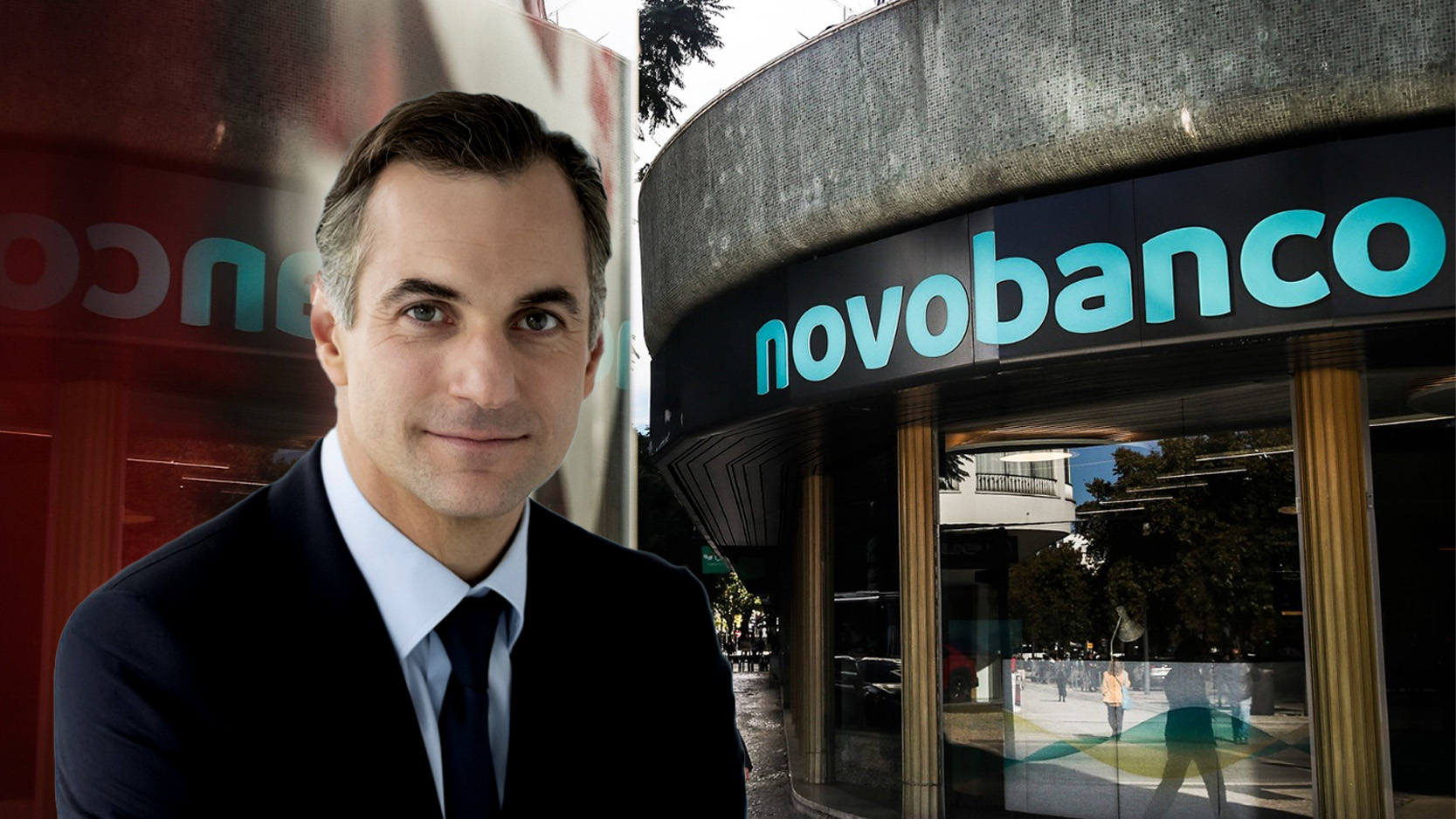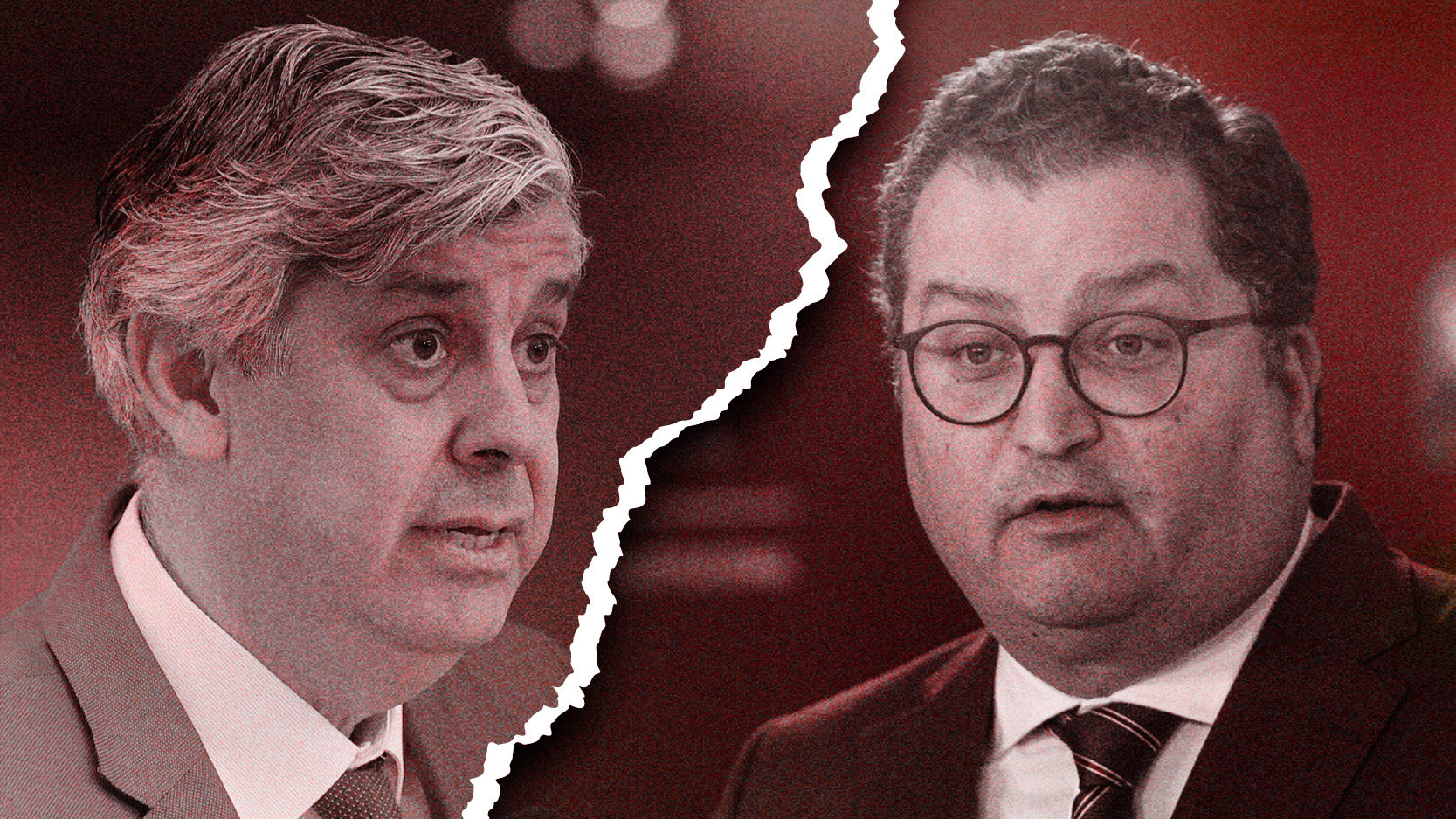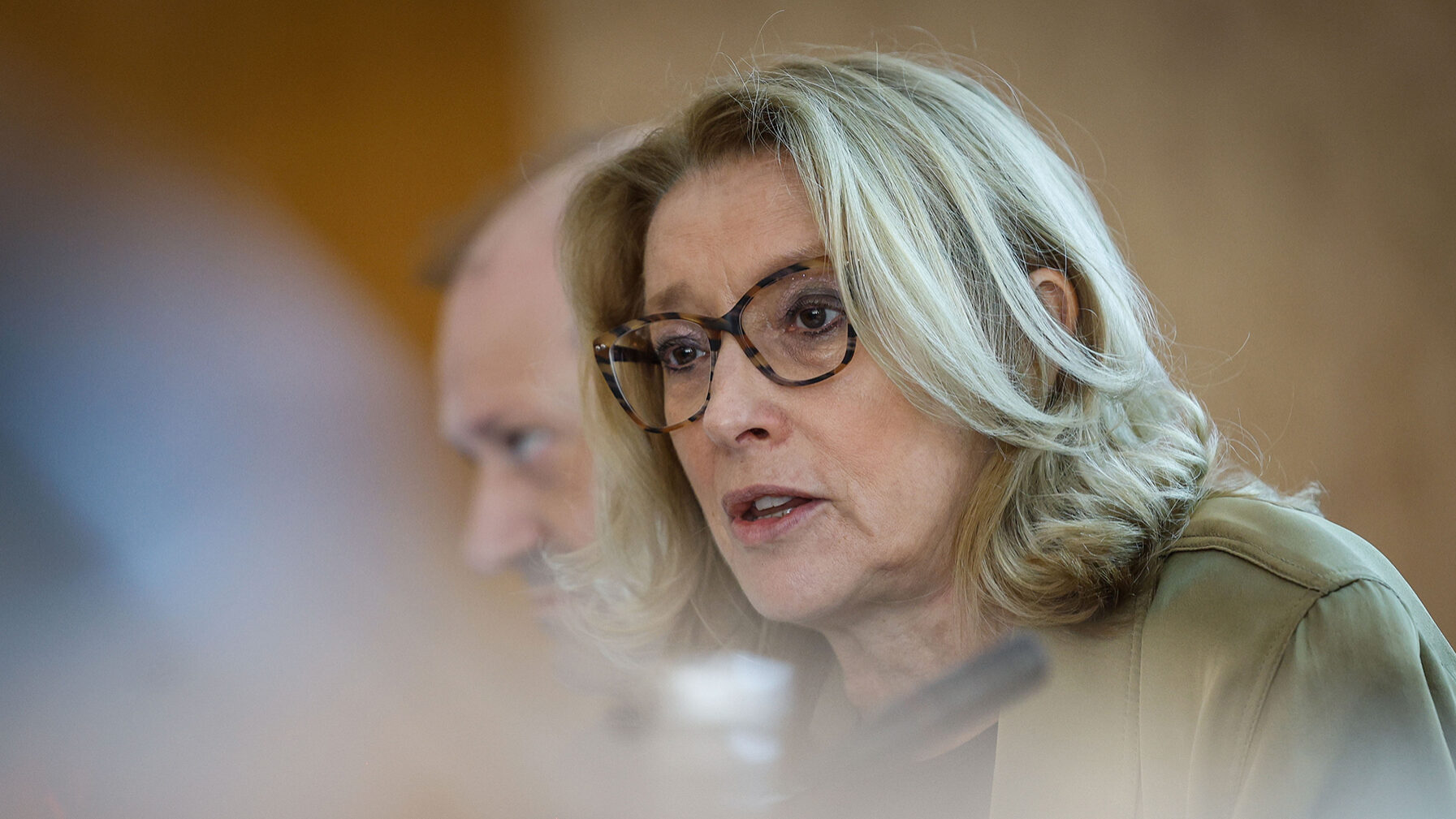Government appoints Álvaro Santos Pereira as governor of the Bank of Portugal
The OECD's chief economist and former Economy Minister was chosen by the government to succeed Mário Centeno as head of the banking supervisor.
The mystery is over: Álvaro Santos Pereira will be the next governor of the Bank of Portugal, replacing Mário Centeno in the role, the government announced this Thursday.
“Today he is the chief economist of one of the world’s leading economic organisations. He has a deep knowledge of the Portuguese economy, a deep knowledge of the international economy, a deep knowledge of the financial system”, said the Minister of the Presidency, António Leitão Amaro, at a press conference after the Council of Ministers approved the appointment of the future head of the supervisor. Finance Minister Joaquim Miranda Sarmento was noticeably absent from the conference.
“[Álvaro Santos Pereira] has triumphed on his own merits at international level as an independent expert in his field (…) and Portugal is very honoured by his success”, he added, saying that the Executive will send the proposal — as well as that of Gabriel Bernardino for the Insurance and Pension Funds Supervisory Authority (ASF) — to a parliamentary hearing.
António Leitão Amaro defended the independence of Álvaro Santos Pereira — despite having been a former Minister of Economy — for the post of governor of the national central bank. “He hasn’t been a government official for more than a decade, he’s not a member of any political party”, he pointed out. And, without referring directly to the case of Mário Centeno, he said that “the good preservation of independence says that you shouldn’t go from a government to a central bank for a minimum period of two or three years”.
On the other hand, he emphasised that experience in political office can be an asset. Álvaro Santos Pereira, 53 years, comes from the OECD, where he has been chief economist since last summer. For two years he was in charge of the Economy portfolio in Pedro Passos Coelho’s government during the period of financial assistance. He now has a five-year term at the helm of the banking supervisor and will be the Portuguese member of the European Central Bank’s (ECB) board of governors responsible for conducting monetary policy in the Eurozone.
Before being approved by the Council of Ministers, the new governor will still have to be heard by the parliamentary committee on Budget, Finance and Public Administration. Parliament’s opinion is not binding, but it is obligatory, which could delay the process given that parliamentary work stops during the holiday period.
Mário Centeno is leaving, a situation that was more than expected given the tense relationship between the current governor and Luís Montenegro’s government, especially with the Finance Minister. Leitão Amaro refused to make any assessment of Centeno’s mandate because the current governor is and will remain in “full functions” until Álvaro Santos Pereira takes office — which is only expected to happen in September.
The future headquarters of the Bank of Portugal was the latest controversy to flare up between the two. Miranda Sarmento asked the Inspectorate-General of Finance (IGF) for an audit of the building project, which will cost more than 192 million euros. The central bank says it has sent the ministry all the contracts and documents related to the deal.




